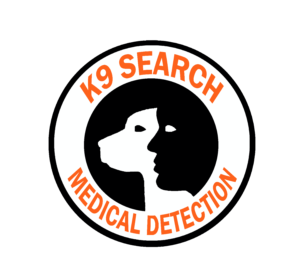In talking with people who appear interested in our dogs, a frequent sentiment is: “I’m not disabled enough to have an assistance dog”. They are people with real concerns and face struggles daily, but are focused on the thought that there is other people who have it worse.
Our society has emphasised the toxic trait of making unhealthy comparisons, and the “who-has-it-worse” comparison is one that often creates barriers to independent living.
There is a strong aspect of shame in this comparison game of “whose disability is the worst”: shame about voicing, or even acknowledging, their own struggles when someone else faces greater struggles in their daily life. Yes, there are people who have it worse, but that does not make your own struggles any less difficult, or any less valid.
You either have a disability or you don’t. Disability is described as “any condition of the body or mind that makes it more difficult for the person with the condition to do certain activities and interact with the world around them”. Regardless of how disabled you feel, if you have a disability, an assistance dog can provide equity and inclusion.
If you have been clinically diagnosed with a disability and you feel you would benefit from the assistance a dog provides, then our aim is to help you achieve a life where you can utilise your opportunities to the fullest possible degree.

